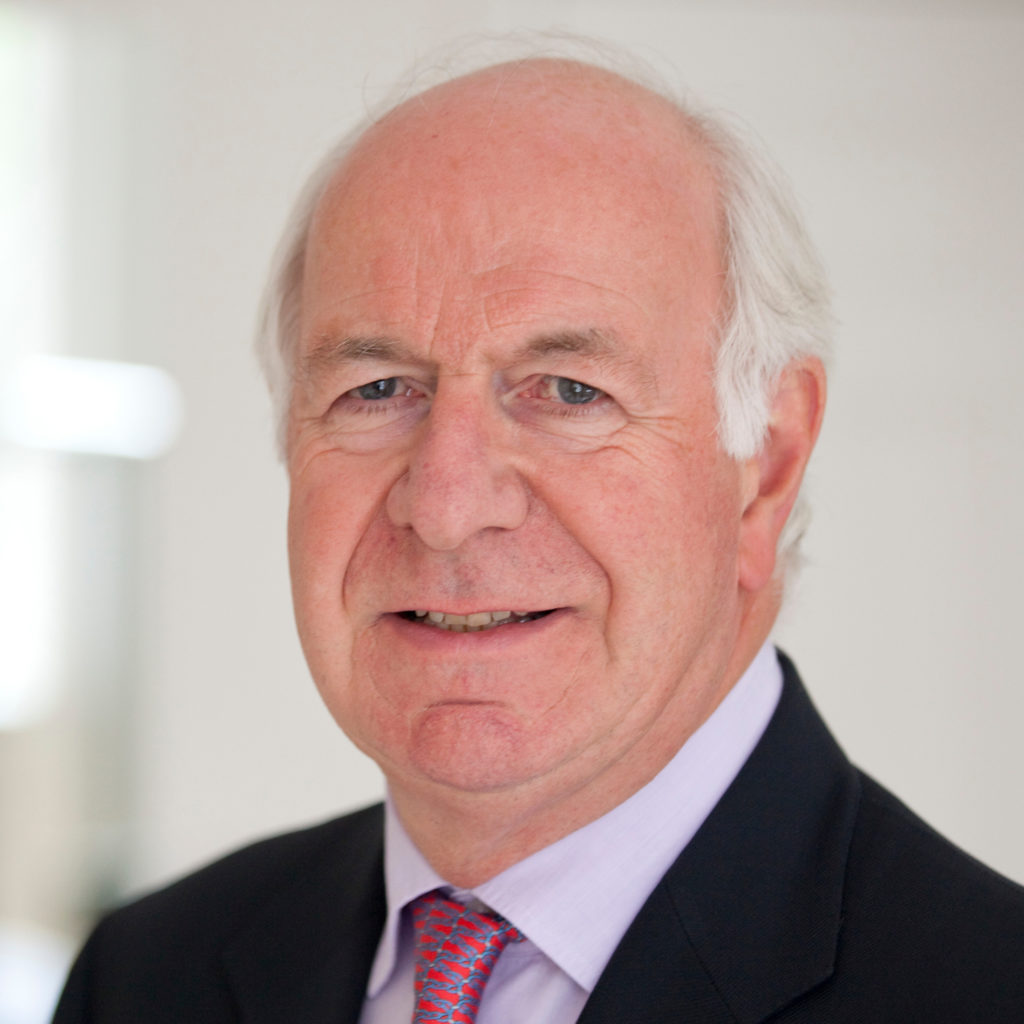medwireNews: Oestrogen therapy should be started “considerably earlier than commonly practised” to ensure optimal bone development in girls with Turner syndrome, say researchers.
The team found a significant correlation between the age at which girls started on oestrogen and their bone mineral density (BMD) in adulthood, whereby earlier initiation was associated with greater BMD, they report in The Journal of Clinical Endocrinology & Metabolism.
Antoinette Cameron-Pimblett (University College London Hospital, UK) and team reviewed the records of 799 women who were diagnosed with Turner syndrome at a median age of 10.1 years (ranging from birth to age 61.0 years). By the time of the analysis, their average age was 32.9 years.
The median age at which women started on oestrogen therapy was 14 years, but the researchers noted a trend for more recently treated women to have started oestrogen at a younger age.
But the association between younger age at oestrogen initiation and greater BMD in adulthood remained after accounting for this change in practice over time, they stress.
“The importance of this effect of estrogen timing is highlighted by the fact that the risk of fracture is increased in older women with [Turner syndrome]”, say Cameron-Pimblett and co-researchers.
Age at oestrogen initiation was not associated with liver enzymes, glycated haemoglobin level or blood pressure, and the team notes that other studies have established that it does not impact on growth.
Looking at the different types of oestrogen therapy used, the team found that transdermal oestradiol was more often used in older patients with higher BMI, which they suggest reflects a risk-management strategy by the clinic.
The use of the combined oral contraceptive pill (OCP) declined over time, which they believe to be driven by prescribers becoming more aware of the associated risks. Indeed, women taking oestrogen in this form had significantly higher blood pressure and levels of total and low-density lipoprotein (LDL) cholesterol and of triglycerides relative to women taking other forms.
“The adverse effects of OCP in relation to raised blood pressure and LDL cholesterol and triglycerides are to be expected, as they have been shown in the general population”, say the researchers.
“We would consider the OCP and ethinylestradiol to be relatively [contraindicated] in girls and women with [Turner syndrome] unless essential as a form of contraception or control of menstruation. This is particularly so for girls receiving treatment for short stature as ethinylestradiol is a potent growth hormone antagonist.”
By Eleanor McDermid
medwireNews is an independent medical news service provided by Springer Healthcare. © 2019 Springer Healthcare part of the Springer Nature group

